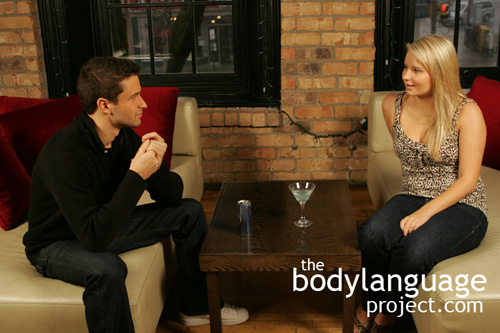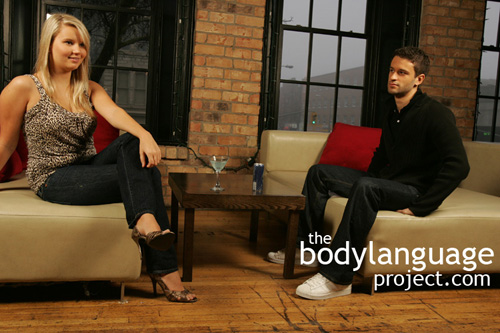A telltale clue to nervousness is when the hands begin to shake. Since the hands are designed for fine motor control, they are easily affected by a surge of adrenaline stimulated from stress from nervousness or excitement. Any stimulus, good or bad, can stimulating the muscles in the hands to fire out of control creating quivering. The limbic mind driven by fight or flight response is what causes hand shaking which makes the nonverbal cue particularly honest and predictive.
As mentioned even positive events can create shaking, such as an excellent hand in poker or seeing someone we have a deep crush on. Hands more often than not however, will quiver when bad things happen that send us into a fear response such as preparing to take the stage to present in front of an audience, being in a serious car crash or swerving to avoid one at the last minute. When in any sort of confrontation, we can also experience hand shaking. To decide what sort of stimulus, be it fear or excitement that it causing the quivering one doesn’t have to go much further than context. From there, it should be obvious why someone is shaking.
To disguise handshaking, some people will grasp at objects such as drinking glasses, will clasp their hands together or occupy them with “busy work.” Other times people will steady their uneasy hands by grabbing the hand of a relative, cupped them hand-in-hand at the chest, or thrust them underneath the armpits or in pockets. People who suffer from pronounced handshaking will develop elaborate ritualized gestures to keep their hands from being noticed. They will play with the arms of eye glasses, twirl pencils, or fidget with clothing. To others it will go unnoticed because they will appear as a normal part of their repertoire – their baseline.
Teenage girls meeting a celebrity pop singer are often seen fidgeting with their hands as they defy gravity by bouncing up and down. Their hands will often be flung sky-high and they clasp together in excitement. This is nervous energy personified and the hands show the limbic system in overdrive. Watch for this “tell” in a poker game as hands might come together underneath the table to steady each other. Hand shaking in poker, however, can be due to either fear of getting caught bluffing or the excitement good hand. In this case, it is a person’s baseline that helps predict which of the two is really happening. Hand quivering is important only when it deviates from a person’s normal repertoire of actions. For example, if hand quivering suddenly starts up or stops when discussing a particular event, we know that event is the root. It will then be our job to decide why the event caused nervousness or excitement. The same goes for any other cue, be it a new person added to a social gathering, nearing the edge of a cliff (fear of heights), being asked a question that is difficult to answer and so forth.




This article is truly a nice site. So much wonderful content! Thank you so much!